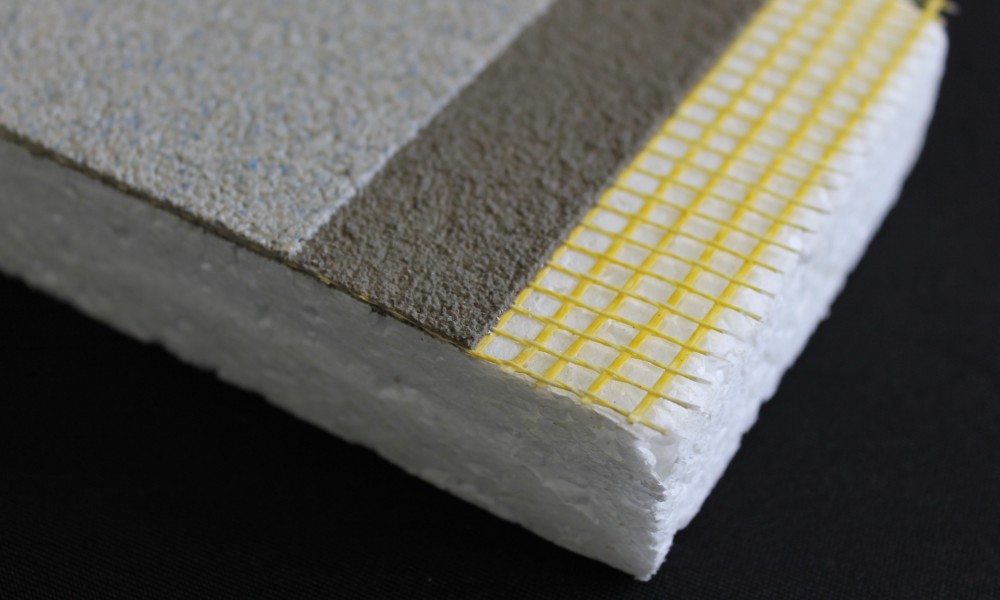
Sanitary Systems
Benefits of Commercial and Industrial Insulation
- Conserves Energy by Reducing Heat Loss or Gain
Properly designed and installed insulation systems immediately reduce the need for energy, a costly ingredient of every product made - Controls Surface Temperatures for Personnel Protection and Comfort
Insulation reduces the surface temperature of piping or equipment to a safer level, resulting in increased worker safety - Facilitates Process Temperature Control
By reducing heat loss or gain, insulation can help maintain the process temperature to a pre-determined value. Insulation thickness must be sufficient to limit the heat loss in a dynamic system or limit the temperature drop, with time, in a static system. - Prevents Condensation on Cold Surfaces
Specifying sufficient insulation thickness with a good vapor retarder is the most effective means of controlling condensation and limiting corrosion on cold piping, ducts, chillers and roof drains. Sufficient thickness is needed to keep the surface temperature above the dew point temperature of the ambient air. - Prevents or Reduces Damage to Equipment From Exposure to Fire or Corrosive Atmospheres
When used in combination with other materials, fiber glass and rock and slag wool insulation help provide fire protection in firestop systems; grease- and air-duct fireproofing; and electrical and communications conduit and cable protection. - Controls Noise
Special or standard insulation materials can be used to encase or enclose a noise generating source, forming a sound barrier between the source and the surrounding area. Insulation installed in walls and ceilings can provide a barrier to the entry of sound from the outside or other rooms.
Types of Commercial and Industrial Insulation Products
- Fiber Glass Pipe Insulation
- Fiber Glass Board and Blanket Insulations
- Rock Wool Pipe Insulations
- Rock Wool Blanket Insulations
Before specifying the insulation system for any project, you must first prioritize the reason for insulating, and then determine the appropriate insulation thickness to achieve the primary goal. Insulation thicknesses will vary depending on whether you are insulating for process control or energy management, freeze protection or condensation control, or for personnel protection.
Whether your purposes are, Izomarine is able to guide you through this process, offer you technical advice, and in the and help you to have your job perfectly done.
